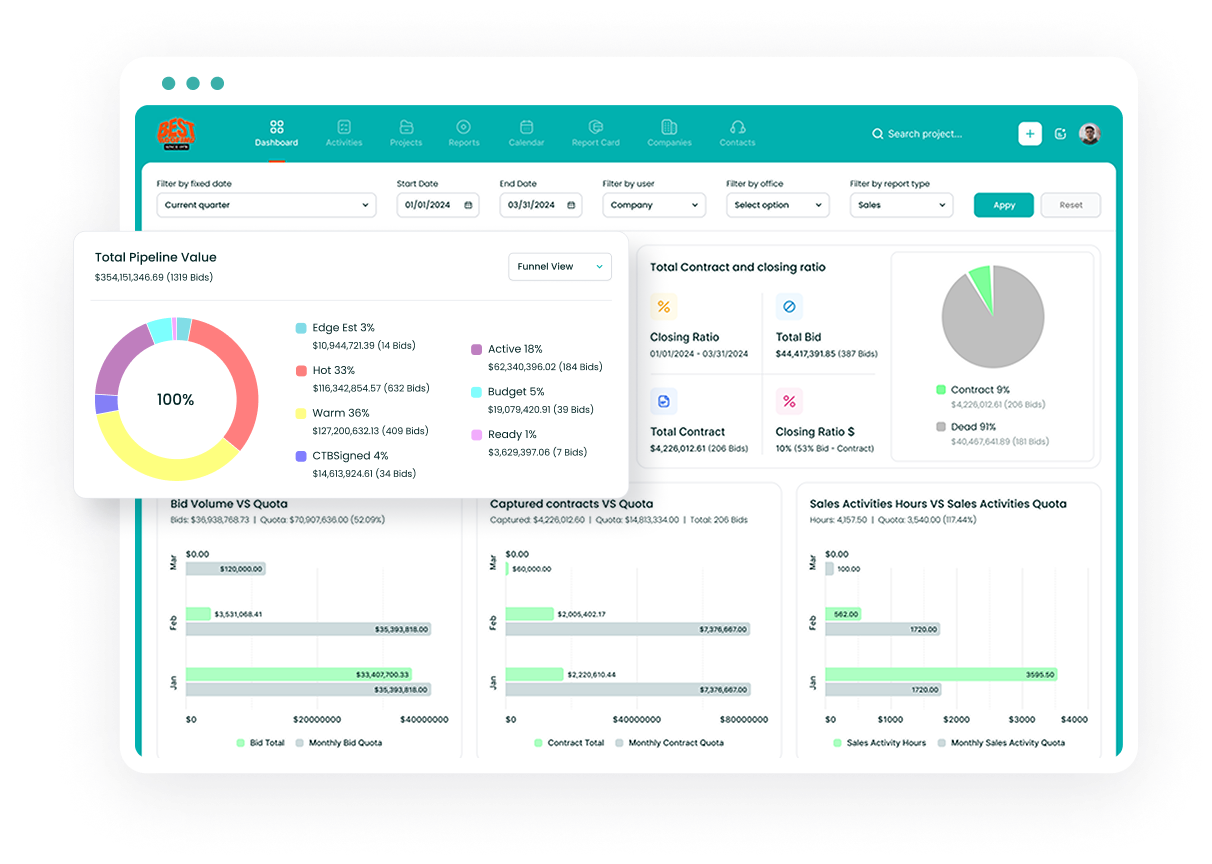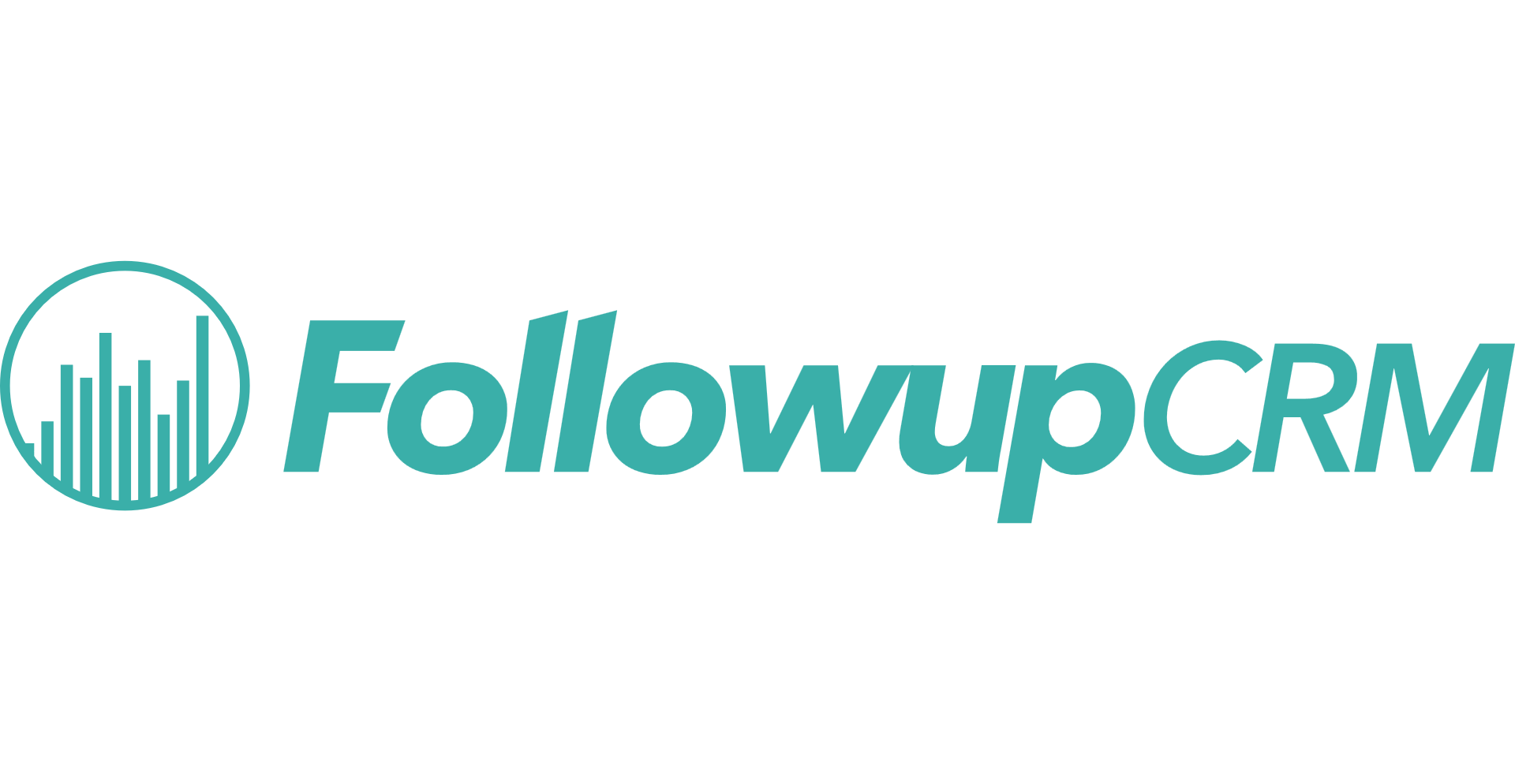How to Process Chargebacks in Sage 100
Many businesses face steep challenges when dealing with chargeback processing in Sage 100. Frustrations over merchant errors, manual data entry, and the complexity of chargebacks often lead to cash flow issues and additional cost burdens. By leveraging tools like Sage Payment Solutions alongside an integrated credit card processing system, companies can overcome issues such as unauthorized credit card usage and the burden of chargeback reconciliation while ensuring complete credit card processing. This article provides a problem-solution roadmap for handling a single chargeback or multiple chargeback disputes with operational efficiency and effective chargeback prevention strategies.
Chargeback Processing in Sage 100
Processing chargebacks can be overwhelming for many businesses using Sage 100. The complexities of managing disputes, reconciling transactions, and preventing fraud create significant operational challenges. When businesses implement proper strategies and utilize Sage 100's robust features effectively, they can transform these challenges into opportunities for improved financial management.
The integration of Sage Payment Solutions with credit card processing systems provides businesses with powerful tools to handle unauthorized transactions and streamline reconciliation processes. This comprehensive approach helps organizations maintain healthy cash flow while reducing the burden of manual processing tasks.
Modern businesses need a strategic framework to address chargebacks efficiently. Through proper documentation, real-time monitoring, and automated systems, organizations can significantly reduce their exposure to chargeback risks and associated costs.
Financial Impact of Chargebacks
Every business owner knows the strain that chargebacks place on operations and revenue. When customers dispute charges with their credit card companies, businesses face more than just lost revenue - they encounter processing fees, time-consuming investigations, and potential damage to their merchant accounts.
These costs add up quickly, especially for businesses processing high transaction volumes. Processing fees, interchange rates, and chargeback penalties can significantly impact profit margins. Organizations must consider both direct and indirect expenses when evaluating the true cost of chargebacks.
The rise in card-not-present transactions has made businesses more vulnerable to friendly fraud and unauthorized purchases. Proper documentation and verification procedures become essential safeguards against these risks. Companies that implement robust prevention strategies often see substantial reductions in chargeback frequencies and associated costs.
Sage 100 Management Features
Sage 100 provides comprehensive tools for managing credit card transactions and monitoring potential disputes. The software's integrated approach combines payment processing, reporting, and reconciliation features into a unified system that streamlines financial operations.
Advanced reporting capabilities within Sage 100 enable businesses to track transaction patterns and identify potential fraud risks before they escalate into chargebacks. Real-time monitoring allows quick responses to suspicious activities and helps prevent unauthorized transactions from processing.
Organizations using Sage 100 benefit from automated verification systems that reduce manual entry errors and strengthen fraud prevention. The platform's ability to integrate with various payment solutions creates a robust ecosystem for secure transaction processing.
These features work together to create an effective chargeback management process:
- Automated transaction verification confirms customer identity and reduces fraud risk
- Real-time monitoring systems flag suspicious activities for immediate review
- Integrated payment processing streamlines reconciliation and reduces errors
- Detailed reporting tools provide insights into transaction patterns and trends
- Automated documentation storage maintains required evidence for dispute resolution
Operational Best Practices
Successful chargeback management requires more than just software solutions. Organizations must develop comprehensive strategies that combine technology with effective operational procedures. Regular staff training ensures proper implementation of verification protocols and dispute handling processes.
Documentation plays a crucial role in managing chargebacks effectively. Maintaining detailed records of transactions, customer communications, and shipping information provides valuable evidence during dispute resolution. Businesses should establish clear protocols for organizing and storing this information.
Companies that implement standardized procedures for handling disputes often see improved resolution rates. Quick response times and thorough documentation increase the likelihood of successful dispute outcomes. Regular review of these procedures helps identify areas for improvement and adaptation to changing fraud patterns.
Prevention remains the most cost-effective approach to chargeback management. Organizations should focus on implementing these preventive measures:
- Regular staff training on fraud detection
- Clear communication of policies to customers
- Proper documentation of all transactions
- Implementation of verification procedures
- Regular review of security protocols
Enhanced Fraud Prevention
Modern fraud prevention requires a multi-faceted approach that combines technology with human oversight. Sage 100's customizable fraud modules allow businesses to create tailored solutions that address their specific risk profiles and operational needs.
Regular monitoring of transaction patterns helps identify potential fraud before it results in chargebacks. Organizations should establish clear protocols for reviewing suspicious activities and implementing appropriate preventive measures. This proactive approach often prevents disputes before they occur.
Advanced verification tools integrated within Sage 100 help confirm customer identity and reduce unauthorized transactions. Address verification services and card security codes provide additional layers of protection against fraud attempts. These tools work together to create a comprehensive security framework.
The implementation of fraud prevention strategies requires careful consideration of various factors that affect transaction security:
- Regular updates to fraud detection parameters ensure current threat protection
- Consistent application of verification procedures reduces unauthorized transactions
- Proper staff training improves fraud detection and prevention effectiveness
- Regular security audits identify potential vulnerabilities in current procedures
- Continuous monitoring enables quick responses to emerging fraud patterns
Dispute Resolution Strategies
Effective dispute resolution requires a systematic approach to handling customer claims. Organizations must establish clear communication channels and response protocols to address disputes promptly. The ability to provide comprehensive documentation and maintain professional customer relationships throughout the process significantly impacts resolution outcomes.
Customer service teams need proper training to handle disputes professionally and efficiently. Representatives should understand the importance of gathering detailed information during initial contact and maintaining clear documentation of all interactions. Building strong relationships with payment processors and acquiring banks helps streamline the resolution process.
Technology plays a vital role in modern dispute resolution processes. Digital documentation systems and automated response workflows help organizations maintain consistent handling procedures while reducing response times. Regular analysis of dispute patterns helps identify opportunities for process improvements.
Customer Communication Protocols
Professional communication forms the basis of successful chargeback prevention. Organizations must develop standardized templates and protocols for customer interactions at every transaction stage. Clear policies and procedures help prevent misunderstandings that often lead to disputes.
Staff members require comprehensive training in proper communication techniques and documentation procedures. Regular updates to communication protocols ensure alignment with current industry standards and changing customer expectations. Maintaining detailed records of all customer interactions provides valuable context during dispute resolution.
These communication practices help prevent disputes and strengthen customer relationships:
- Transparent pricing and billing descriptions
- Proactive transaction notifications
- Clear return and refund policies
- Responsive customer support channels
- Detailed product descriptions and terms
Transaction Documentation Systems
Modern businesses require robust systems for maintaining transaction records. Digital storage solutions provide secure access to important documentation while ensuring quick retrieval during dispute resolution. Organizations should implement standardized naming conventions and filing systems to improve efficiency.
Proper documentation extends beyond basic transaction details. Businesses must maintain records of shipping information, customer communications, and service delivery confirmations. These comprehensive records provide crucial evidence during dispute resolution processes.
Regular audits of documentation systems help identify potential gaps in record-keeping procedures. Organizations should establish clear protocols for document retention and implement automated backup systems to prevent data loss. Maintaining organized records reduces the time and resources required to respond to disputes.
Risk Assessment Procedures
A comprehensive risk assessment program helps identify potential vulnerabilities in transaction processing systems. Organizations must consider various factors when evaluating their exposure to chargeback risks:
- Transaction volume patterns reveal potential fraud indicators and seasonal trends
- Customer demographics influence verification requirements and communication strategies
- Product categories affect dispute likelihood and necessary prevention measures
- Payment methods impact risk levels and required security measures
- Geographic locations determine applicable regulations and verification needs
Regular risk assessments enable organizations to adapt their prevention strategies effectively. Monitoring industry trends and emerging fraud patterns helps businesses stay ahead of potential threats. Implementation of appropriate security measures reduces exposure to unauthorized transactions and fraudulent activities.
Technology solutions provide valuable tools for ongoing risk monitoring. Integration of advanced analytics helps identify suspicious patterns and potential fraud attempts before they result in chargebacks. Regular system updates ensure protection against evolving security threats.
Optimize Your Chargeback Management Today
The implementation of effective chargeback management strategies requires dedication and consistent effort. Organizations that invest in proper training, documentation systems, and prevention measures see significant improvements in dispute resolution outcomes and reduced operational costs.
Success in chargeback management comes from combining technological solutions with well-trained staff and efficient procedures. Regular evaluation of current processes helps identify areas for improvement and adaptation to changing business environments. Implementation of comprehensive prevention strategies reduces exposure to financial losses and operational disruptions.
Organizations should focus on developing robust documentation systems and maintaining clear communication channels with customers. These fundamental practices form the foundation of successful dispute resolution and chargeback prevention. Regular staff training and system updates ensure continued effectiveness of prevention measures.
The CRM Built For Construction Companies
No more disorganized data. Track your leads, bids, and customers all in one place.
Seamless Integration with:
✅ Foundation ✅ Viewpoint ✅ Sage and more

Request a Live Demo Now
Learn more about how Followup CRM can help your construction company grow.





-Jan-27-2025-10-06-27-3997-PM.webp)

-Jan-28-2025-06-31-46-4884-PM.webp)
-Jan-28-2025-05-27-38-6765-PM.webp)